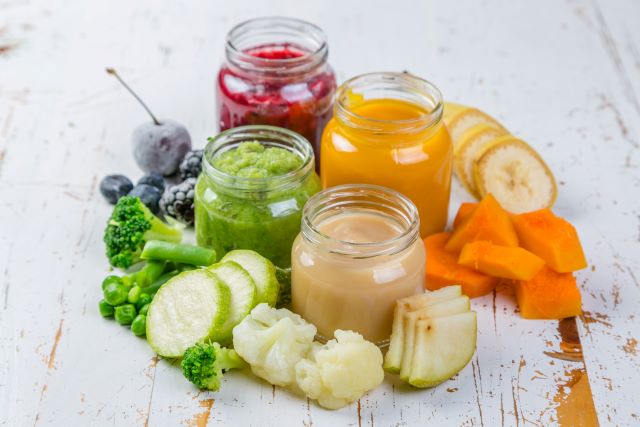Concerns about heavy metals in baby food have been a recurring topic, raising alarms among parents who want the best for their children during critical developmental stages.
Recently, the U.S. Food and Drug Administration (FDA) announced new limits on lead in baby food as part of its Closer to Zero initiative. These updated FDA guidelines aim to reduce lead exposure in processed foods for babies and young children.
So, just what are the new lead limits that parents should be aware of? According to Motherly, the FDA’s new action levels set the following limits on lead content in processed foods for babies and young children:
- 10 parts per billion (ppb) for fruits, vegetables (except single-ingredient root vegetables), mixtures (including grain- and meat-based mixtures), yogurts, custards/puddings, and single-ingredient meats.
- 20 ppb for single-ingredient root vegetables (like carrots and sweet potatoes).
- 20 ppb for dry infant cereals.

Although the FDA has recommended that manufactures adhere to these new guidelines. Adherence is only voluntary and not enforceable.
Some experts feel like the new guidelines will only reduce lead exposure about 4%.
“Nearly all baby foods on the market already comply with these limits, making the new standards largely ineffective,” Jane Houlihan, national director of science and health for Healthy Babies Bright Futures, a coalition focused on reducing babies’ exposure to neurotoxic chemicals, told Motherly.

So, what can parents do to further protect their children? Experts suggest being proactive by:
- Offering a variety of foods to reduce reliance on high-risk items.
- Incorporating iron- and calcium-rich foods to limit heavy metal absorption.
- Being cautious about foods known to carry higher risks of contamination.
- Staying informed about updates and research on baby food safety.







